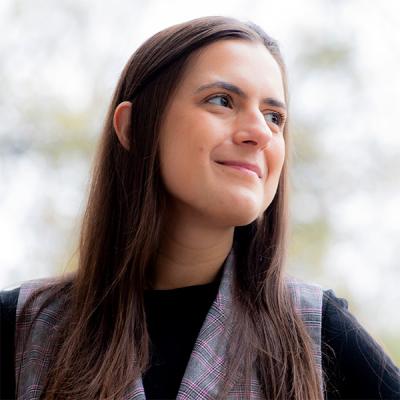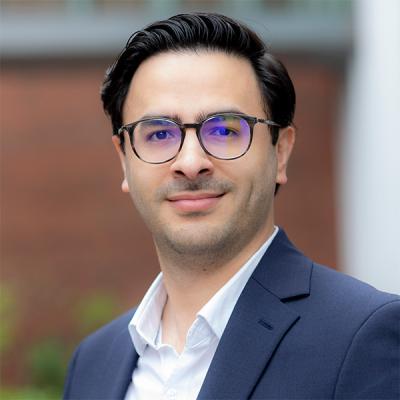Highlights of My Tuck MBA Experience
WHY MBA
I served in the military for five years, which was a fantastic leadership experience. After the military, I went directly into the private sector and worked for a startup in Boston. It was a great experience, but I discovered that there were certain things I didn't know, and if I was going to be an executive at a company, or make strategic-level decisions, I needed to further understand the fundamentals of business. That’s why I came to Tuck. I came to business school truly for the school. I wanted to be more business savvy if I was going to run and grow businesses.
A DUAL DEGREE WITH HARVARD
It's such an amazing program, to be able to go to Tuck and get a business school perspective and then go to Kennedy and get a public policy perspective. They're very different places, and the student bodies have very different norms and goals. Spanning those two worlds is fascinating, and I found when I came to Kennedy that those who were doing the dual-degree between the MBA and MPA had a really great reputation as people who looked at issues holistically and analytically.
I got to live in a place where people tend to focus on idealism exclusively, and then come to Tuck where people focus on the pragmatic reality of growing and scaling a business. Having both those skill sets I think is incredibly important to leading wisely.
FINDING A PROBLEM, BUILDING A SOLUTION
One of the major goals I had at Tuck was to understand how technology is changing labor markets and how to run a company that still employs people well and helps the economy grow in a sustainable way.
I interned with Amazon Robotics which is automating jobs that people do in Amazon warehouses, because labor is one of its biggest concerns. I think the proper way to solve the labor problem is not to stifle innovation. We can't tell companies to stop innovating to find more efficient ways of doing things. But, if we're going to unleash our private sector to do whatever it takes to drive down labor costs, we need a social contract that protects those who are losing their jobs.
It was fascinating to get an inside look at Amazon and then go back to Tuck to start a company (Zippity) that is labor intensive—there is no machine that can clean a car or do an oil change at this point in time. That means you need to hire people and try to create a company with national scale ambitions that requires boots on the ground. My operation is attacking the same issue that I saw at Amazon Robotics, but with the opposite approach.
A PLACE TO EXPERIMENT AND BUILD
Starting a business was a much more accelerated version of that goal than I expected. I've always been entrepreneurial, but if you told me I would be running an organization by the time I graduated from Tuck, I wouldn't have believed you. All those long-term goals have gotten condensed into my two years at Tuck, and it has been a huge challenge to try to both learn and practice simultaneously.
Russ (Walker T’17) and I wanted to start a company because we're both hungry entrepreneurs—the idea of being able to disrupt an industry with a service that provides a better customer experience on a national scale is exciting. Because we created a startup while at Tuck, we were able to take advantage of several resources on campus, including meeting with professors one-on-one to discuss fundraising implications. Our operations courses were helpful in understanding how we could increase the unit economics and the profitability of the trailer.
This blending of academia with the reality of our business allowed us to take a lesson learned, test it on our company, learn from it, and go back to our professors for advice and support. That experience expanded our horizons and gave us pragmatic tools to make it happen. Normally when you're starting a business, you're alone, but it never felt that way at Tuck. We had resources at our fingertips the whole time.



